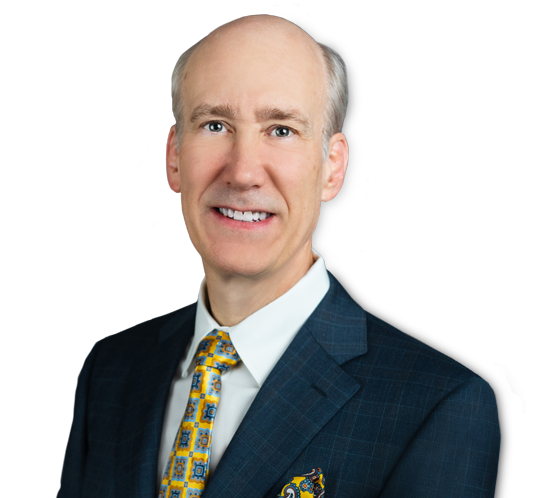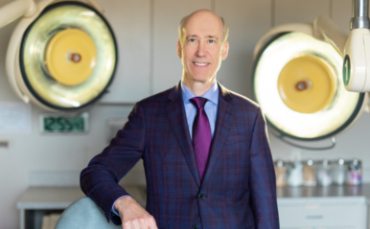
June 23, 2022

We detected that you're using an older version of Internet Explorer. Please upgrade IE 11 or later.
Alternatively, you can install and use these secure and newest browsers: Chrome | Firefox | Safari for macOS | Edge for Windows

Medically Reviewed by Dr. J. Hopkins
June 23, 2022

Gynecomastia is a medical condition that causes men to have swollen or enlarged breasts. It is caused by excessive tissue under the breasts and may also involve some tenderness and pain. Far from a rare or uncommon condition, gynecomastia impacts about 20 percent of U.S. men.
Often, men assume that their gynecomastia symptoms are related to simple weight gain and can thus be treated with a rigorous diet or consistent exercise. The reality is a little more complicated than that. Often, weight loss alone is insufficient for dealing with gynecomastia.
It is true that some men who put on weight may find that their breasts become enlarged by fatty tissue. For these men, losing weight and getting into better shape can improve their aesthetic appearance. However, these instances are sometimes called “false gynecomastia” and are distinct from cases of true, clinical gynecomastia.
Typically, gynecomastia is associated with changes in hormones. For this reason, males often develop gynecomastia during puberty, or as the result of hormonal changes that occur mid-life. Gynecomastia may result from a combination of rising estrogen levels and declining testosterone.
For some men, these hormonal changes are the result of certain medications or medical treatments. Antidepressants, antibiotics, and chemotherapy treatments can all affect hormone levels, and thus may play a role in the development of gynecomastia.
There are also different diseases and medical conditions that can impact hormone levels, potentially resulting in gynecomastia. Some of the most common examples include:
Liver diseases
Kidney diseases
Lung cancer
Testicular cancer
Thyroid disorders
Because gynecomastia is typically the result of hormonal changes, simply losing weight is usually not an effective form of treatment. In fact, the best way to address gynecomastia is with male breast reduction surgery. This is a very common procedure in which a surgeon will remove excess fat and tissue, resulting in a flat, masculine-looking chest and torso.
With that said, men who have been diagnosed with gynecomastia should not be deterred from healthy eating, vigorous exercise, and weight loss. Adopting a healthier lifestyle can greatly enhance their post-surgery appearance, providing their chest muscles with greater toning and definition.
Indeed, as you think about treating gynecomastia, the best way to optimize your results is to combine the following steps:
Maintain a healthy body weight.
Exercise regularly to tone muscles.
Find a qualified plastic surgeon who can perform male breast reduction surgery.
It should also be noted that not all men with gynecomastia need treatment at all. For males who develop gynecomastia during puberty, the condition usually resolves on its own, without the need for treatment. Gynecomastia surgery is typically not recommended for males who are still in their teen years.
Additionally, if the symptoms of gynecomastia are linked with a particular medication, the best option may be to simply discontinue that medication. Talk to your doctor about alternative options. Through medication cessation, the symptoms of gynecomastia will usually resolve on their own.
The best way to confirm your need for gynecomastia surgery, and find out more about viable treatment options, is to schedule a consultation with a triple board-certified plastic surgeon, Dr. J. Hopkins. He has years of experience diagnosing and treating this condition with male breast reduction surgery. To schedule a consultation, contact our practice at your convenience.

November 22, 2022

May 18, 2022

June 1, 2020


A triple board-certified plastic and reconstructive surgeon who is here to listen to your needs and provide the most compassionate care possible. Dr. Hopkins will be on your side every step of the way.

“Our experience with Dr. Hopkins and his staff have been exemplary above all others. All are professional, courteous, and efficient. We appreciate Dr. Hopkins and how he has worked tirelessly to treat my condition.”
Serving Patients From:
As a triple board-certified surgeon in Dallas, Dr. Hopkins specializes in the full array of plastic surgery procedures and will work with you to fully customize your treatment plan and successfully achieve your desired results. For natural, personalized results, reach out to J. Hopkins Plastic Surgery to schedule your initial consultation in Dallas.
Please be aware that this is not a secure email network under HIPAA guidelines. Do not submit any personal or private information unless you are authorized and have voluntarily consented to do so. We are not liable for any HIPAA violations. Understand that if you email us, you are agreeing to the use of an unsecured method and understand that all replies will be sent in the same fashion, which you are hereby authorizing.
By checking this box you hereby agree to hold J. Hopkins Plastic Surgery, including its doctors and affiliates, harmless from any hacking or any other unauthorized use of your personal information by outside parties. By checking this box, you also agree to receive email communication from J. Hopkins Plastic Surgery, including its doctors and affiliates.